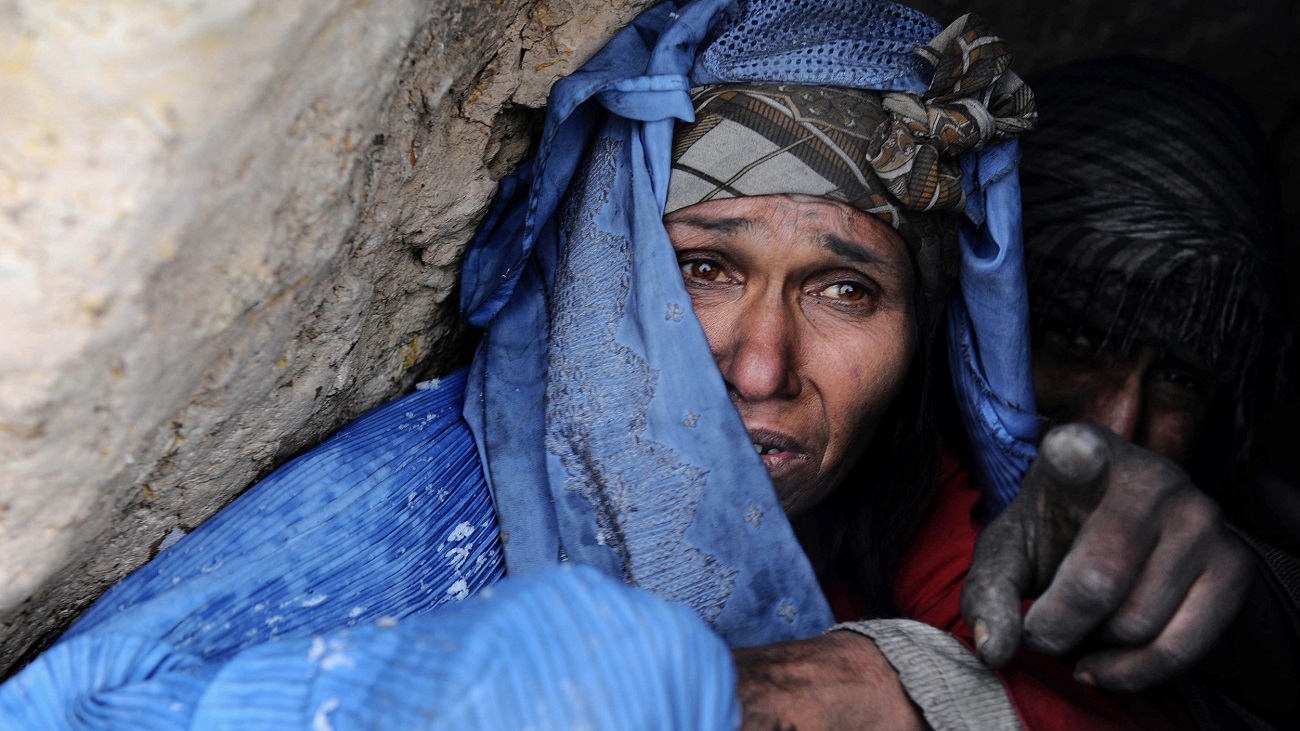
The greatest risks to the security of women in unstable West Asia, according to Iran's deputy permanent representative to the United Nations, are occupation, terrorism, and foreign invasions, and women will continue to be the subject of abuse unless such threats are eradicated.
Zahra Ershadi made the statements in her speech on Wednesday to the Security Council's high-level open debate on the topic of “Conflict-related sexual violence: accountability as prevention — ending cycles of sexual violence in conflict”.
The principal risks to women's security in West Asia, such as foreign occupation, invasion, and terrorism, completely disregard women's rights and lives, the female diplomat remarked.
The diplomat noted that the “heinous crime” of sexual abuse is frequently employed as a strategy in military battles and terrorist activities, which primarily target women, girls, and other vulnerable populations.
Human trafficking is also a problem in armed situations, and it affects women and children who are either forcibly displaced or leaving their nations.
Ershadi noted that the four Geneva Conventions and their two Additional Protocols expressly and implicitly condemn various types of sexual assault as grave violations of humanitarian law, with all states and non-state parties to the war obligated to comply with the appropriate responsibilities.
Despite all current rules, she noted, preventing and eliminating that barbaric behavior needs a collaborative effort and will not be successful unless its core causes — namely, the conditions surrounding the emergence of an armed conflict — are addressed.
“Unfortunately, as long as terrorism, violent extremism, foreign occupation, and foreign interference persist, such a solution will remain elusive,” she pointed out.
Ershadi cited the plight of Palestinian women, whose land has been under Israeli control for decades, and Afghan women, whose country has been devastated by two decades of terrorism and foreign invasion.
She said the situation in Afghanistan, where the Taliban has lately taken over governmental affairs, is severely violating women's rights.
According to the Iranian diplomat, Afghan women and girls are the subjects of widespread systematic assault as part of a drive to restrict their social and political life, citing a UN study.
Ershadi went on to say that the Taliban must accept Afghan women's right to education, employment, and political participation.
She restated Iran's stance on the debate's theme, stating that issues affecting women and girls should be addressed by the General Assembly and other UN organizations and that the Security Council should only discuss such concerns if they are directly relevant to international peace and security.
Over a decade ago, the Security Council defined conflict-related sexual violence as a separate security concern in Resolution 1820 (2008).
Despite the numerous resolutions, agreements, and treaties that have followed, sexual assault continues to occur with near-total impunity in many wars across the world, according to the UN.
